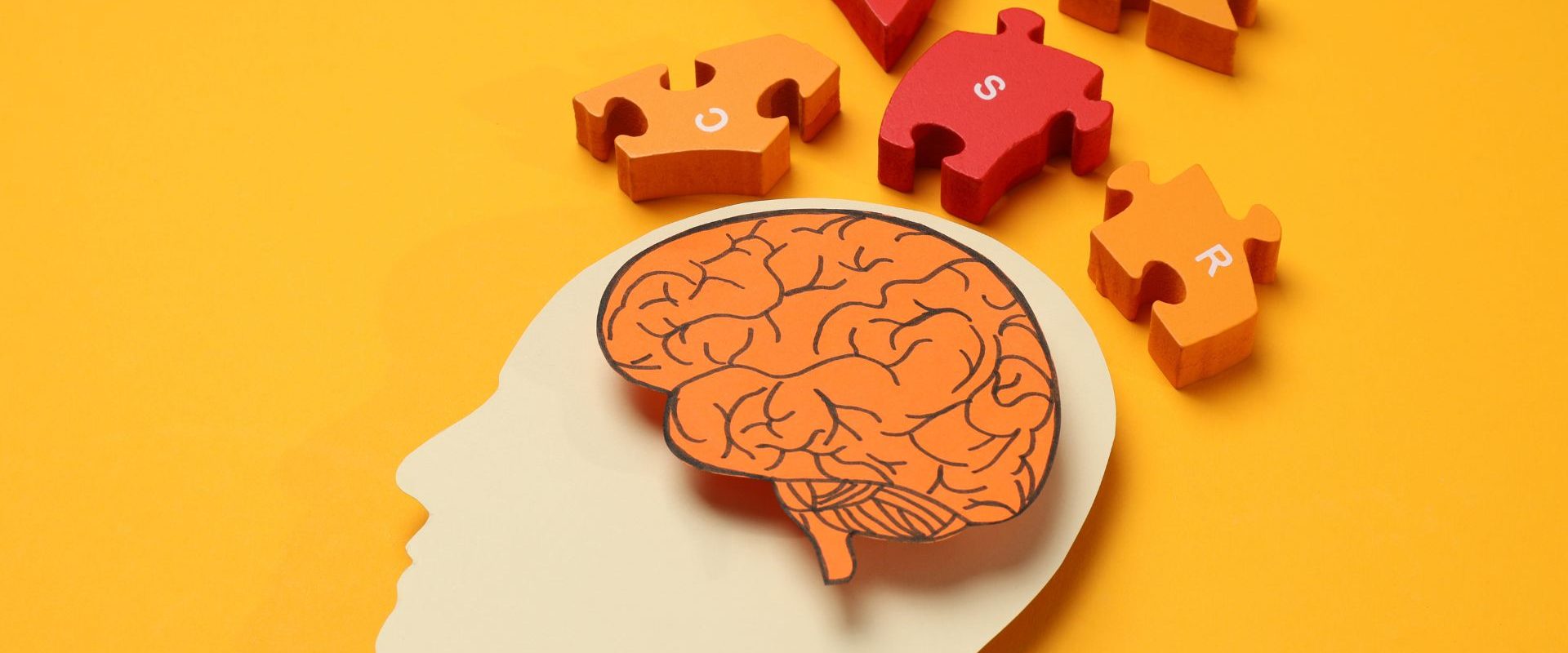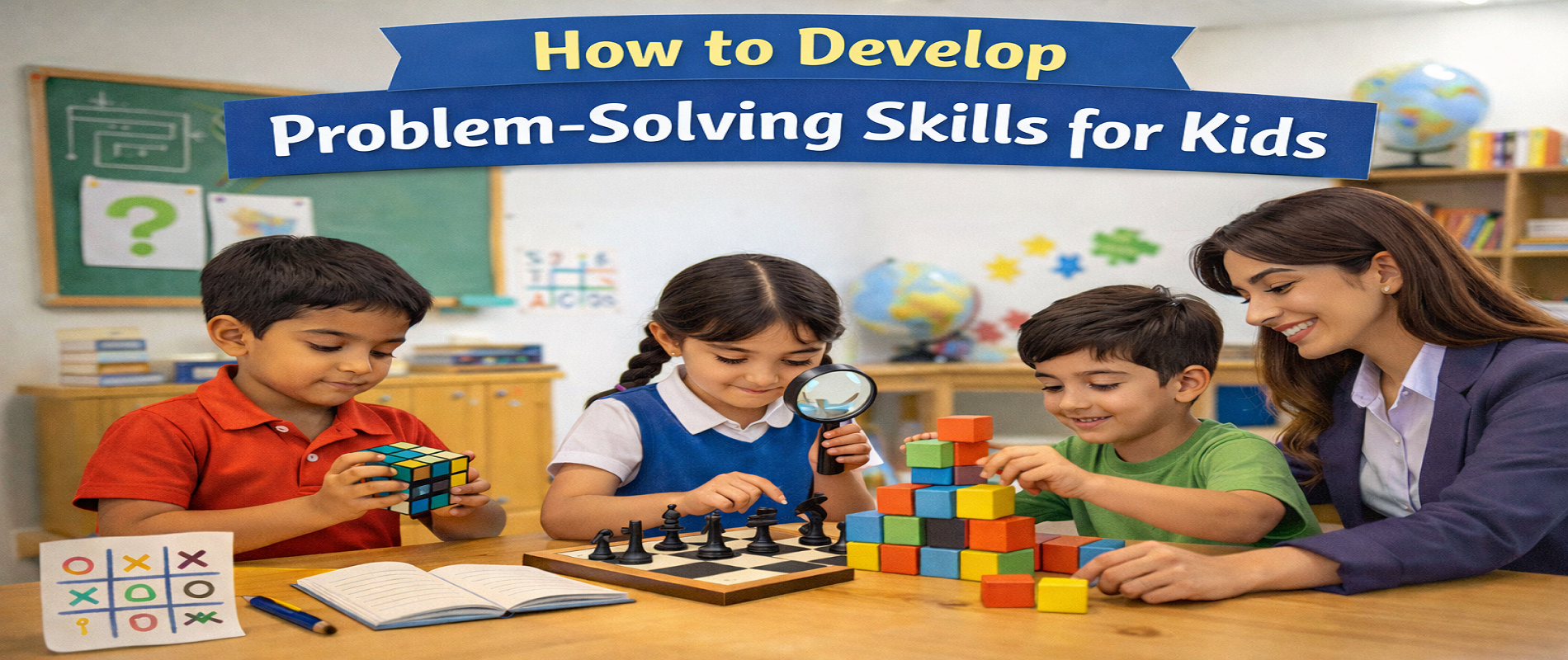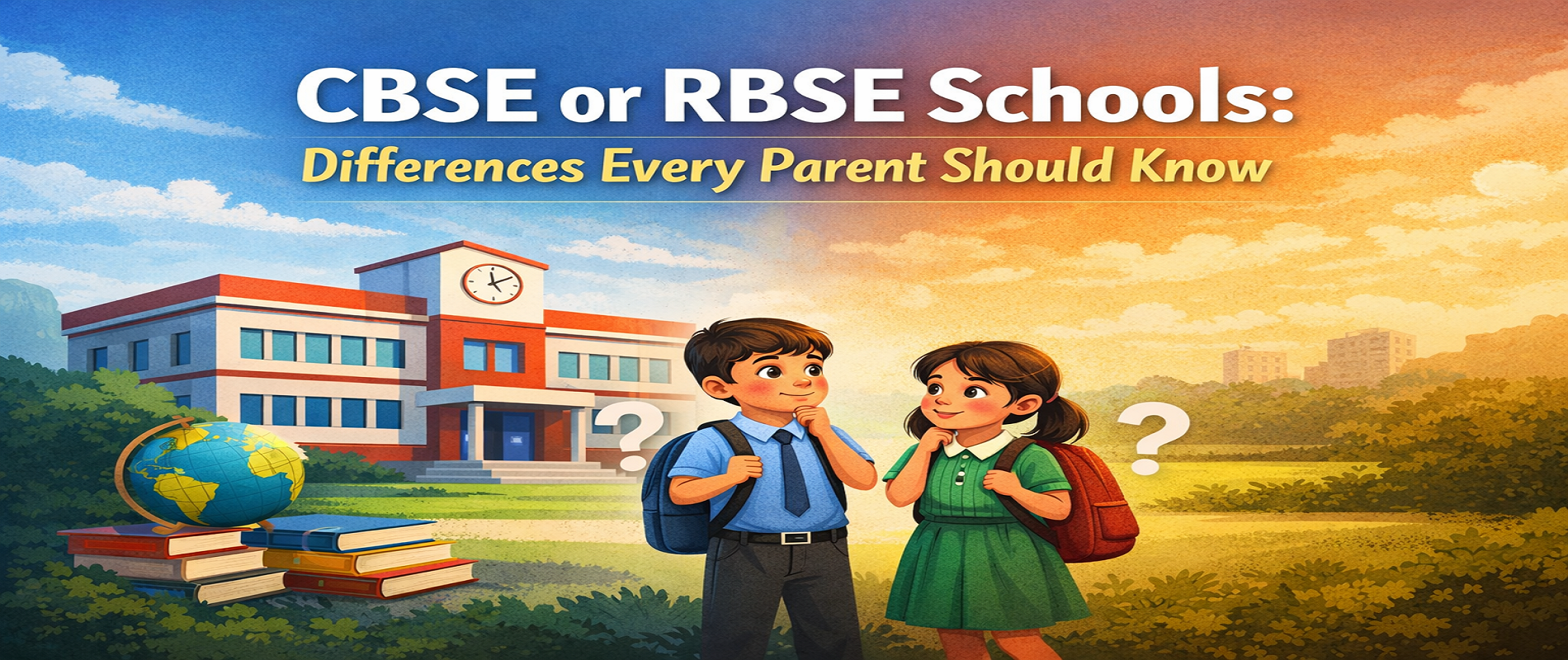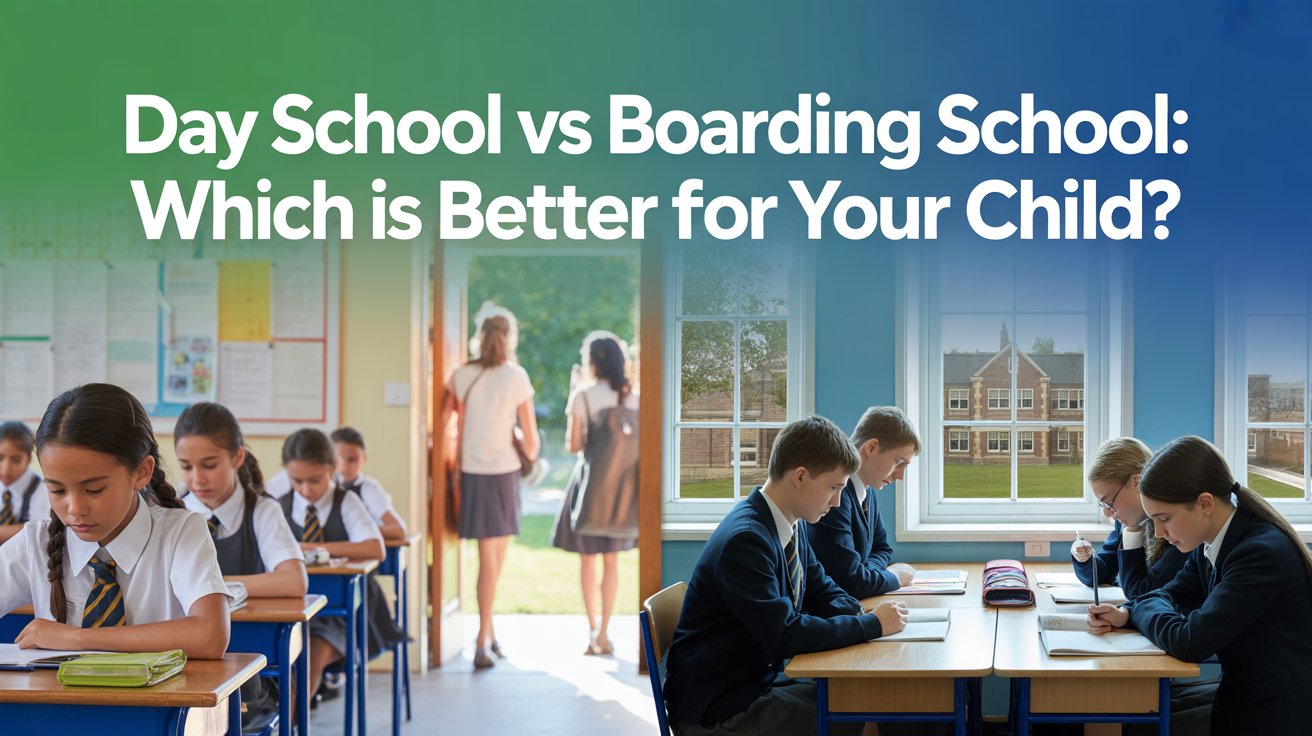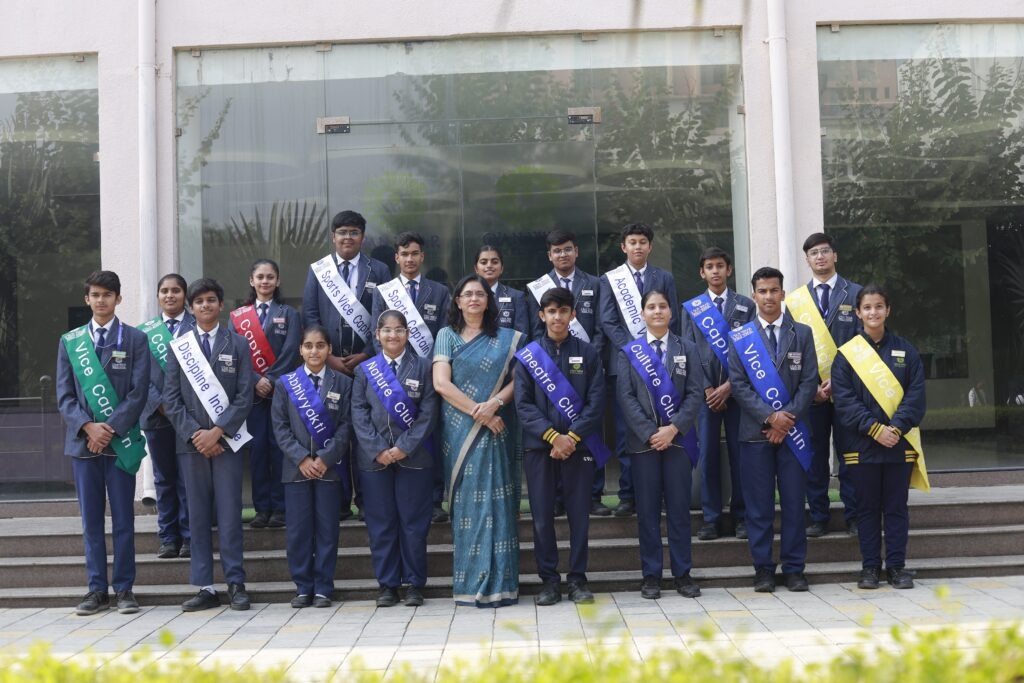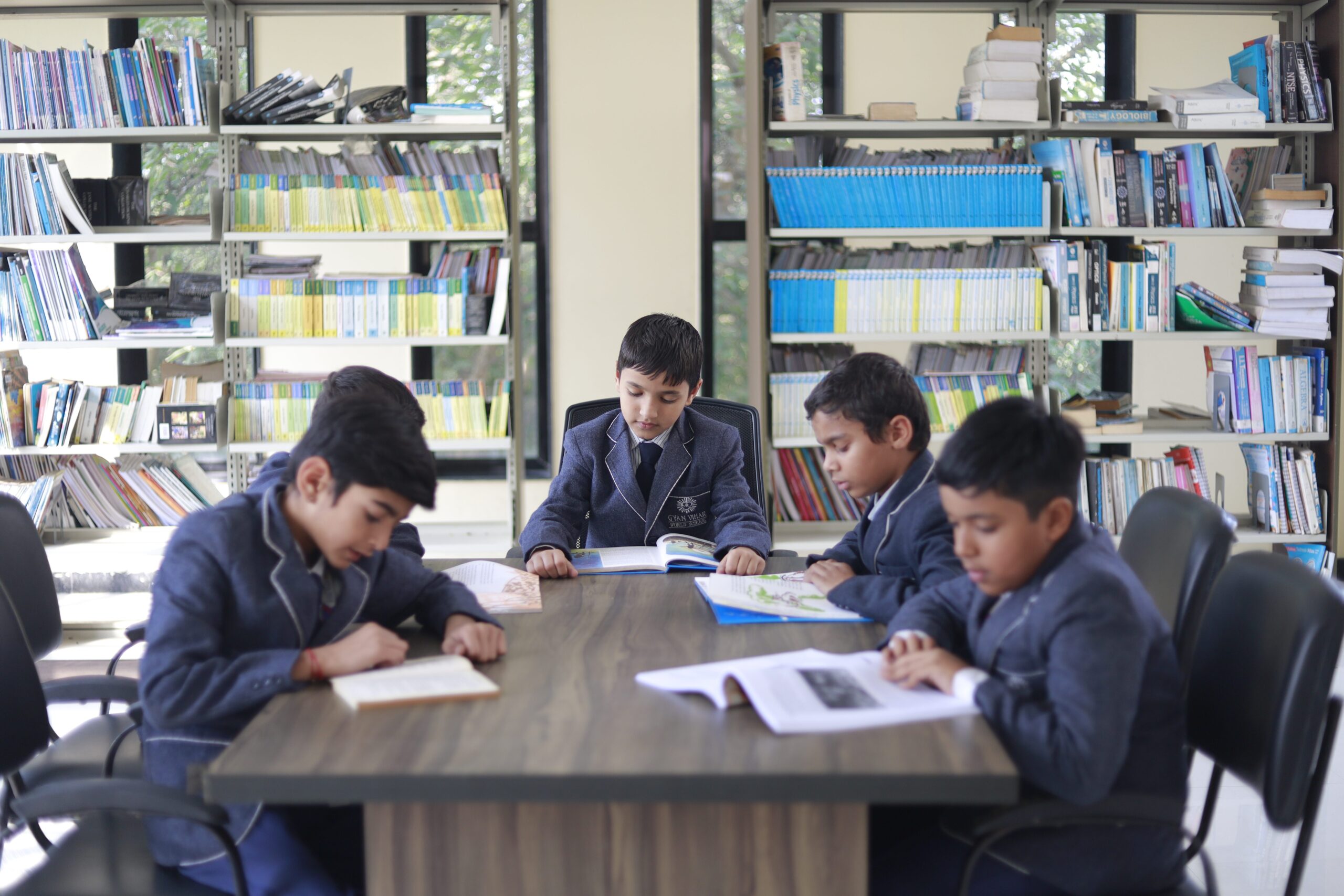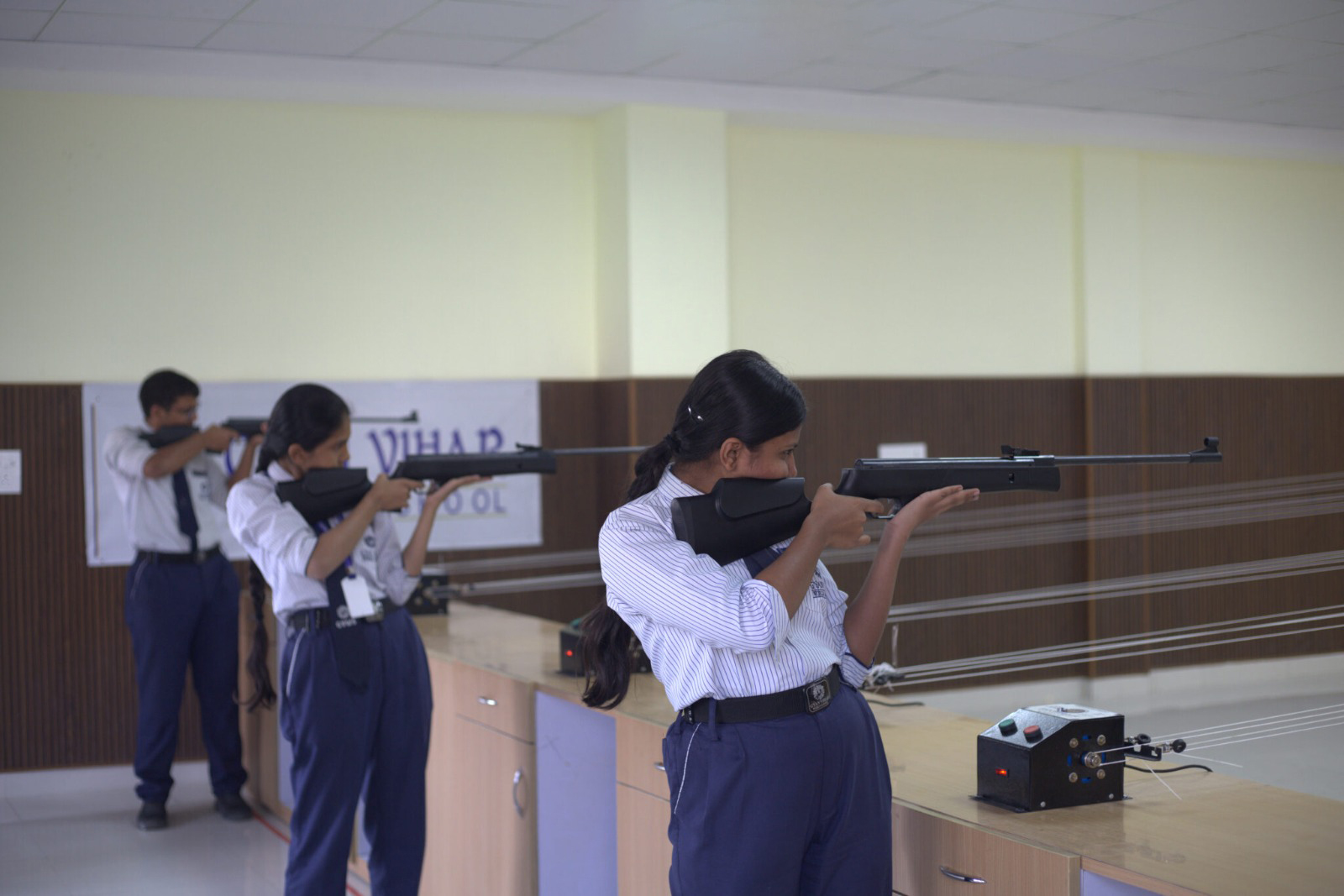At Gyan Vihar World School, consistently ranked among the Top Schools in Jaipur and the Best School in Jaipur, we believe in harnessing the power of multiple intelligences to create a stimulating learning environment. Music plays a vital role in this philosophy. It’s not just a source of entertainment; it’s a powerful tool that can enhance memory, focus, and overall cognitive function in students.
This blog explores the fascinating connection between music and learning. We’ll delve into the science behind how music impacts the brain, explore different ways music can be used to improve learning outcomes and provide practical tips for Gyan Vihar World School students to integrate music into their studies.
The Science Behind the Melody: How Music Affects the Brain
Music is a powerful force that can evoke emotions, trigger memories, and stimulate different areas of the brain. Here’s a deeper dive into the scientific explanation of how music impacts our cognitive function:
- Brain Activation Symphony: When we listen to music, it’s not just our ears that are engaged. Different parts of our brain light up in a beautiful symphony of activity:
- Auditory Cortex: This area, located in the temporal lobe, is the primary processing center for sound. It receives and interprets the incoming auditory information from our ears.
- Limbic System: Often referred to as the emotional center of the brain, the limbic system plays a crucial role in processing emotions and forming memories. Music can trigger the release of dopamine, a neurotransmitter associated with pleasure and reward, which contributes to the emotional connection we feel with music.
- Frontal Lobe: This region is responsible for higher-order cognitive functions like planning, attention, and decision-making. Music can activate specific areas within the frontal lobe, influencing our focus and concentration.
- The Memory Melody: Music has a fascinating ability to enhance memory function. Here’s how:
- Encoding and Retrieval: Music can help us encode new information into our brains more effectively. The rhythm, melody, and emotional connection to music create strong associations with the information we’re trying to learn. This makes it easier to retrieve that information later when needed.
- Mnemonic Power: Music can be a powerful mnemonic device, especially for auditory learners. Rhymes, songs, and chants can serve as memory cues, helping us recall facts, dates, or vocabulary terms more easily.
- Focus and Concentration Concerto: Certain types of music can improve our ability to concentrate and filter out distractions. Here’s why:
- Filtering Out the Noise: Music can act as a mask, blocking out distracting background noises that might hinder our focus. Upbeat instrumental music with a predictable tempo and rhythm can create a calming and focused environment.
- Brainwave Entrainment: The theory of brainwave entrainment suggests that listening to music with a specific tempo can synchronize our brainwaves to that same frequency. This synchronization may enhance focus and concentration. Studies suggest that classical music with a tempo of 60-80 beats per minute (bpm) can be particularly beneficial for improving focus.
At Gyan Vihar World School, our teachers understand the power of music to enhance the learning experience. Here are some specific ways we integrate music into the classroom environment:
- Setting the Stage with Background Music:
- Calming Classics: Playing calming classical music in the background during independent work periods or study sessions can create a focused and stress-free atmosphere. This can be particularly beneficial for subjects that require concentration and focus, like math or science.
- Genre Exploration: Teachers can experiment with different genres of instrumental music to find what works best for their students and the specific learning activity. Upbeat tempos might be suitable for creative brainstorming sessions, while slower tempos could promote focus during reading or writing tasks.
- Learning Transformed into Melody: Music can be a powerful tool for making various subjects more engaging and memorable:
- History in Harmony: Learning about historical events or figures can be transformed through music. Songs or chants about historical periods or famous leaders can make memorizing dates and facts more engaging, especially for younger students.
- Geography Grooves: Lively music can be incorporated into lessons about different countries or regions. Songs or raps highlighting geographical features, cultures, or landmarks can make learning about the world more interactive and memorable.
- Lingual Symphonies: Learning a new language can be more fun and effective with the help of music. Songs, rhymes, and chants can help students grasp pronunciation, vocabulary, and grammar concepts in a more engaging way.
- Movement Meets Music: Kinesthetic learners benefit from incorporating movement and music into the learning process:
- Action Anthems: Interactive learning activities that combine music with movement breaks can be particularly beneficial for younger students. Clapping, stomping, or simple dance routines set to music can help students release energy, improve focus, and reinforce learning.
- Historical Happenings in Motion: Learning about historical events or dances from different cultures can be enhanced by incorporating them into movement activities set to music. Students can recreate historical dances or create their own movements to represent different historical periods.
- Composing for Comprehension: Encouraging students to create their own music can be a powerful learning tool:
- Science Serenades: Students can compose short songs or raps about key scientific concepts, the periodic table, or the stages of the cell cycle.
- Math Melodies: Students can compose songs or raps to explain mathematical formulas, solve word problems, or memorize multiplication tables. Setting these concepts to music can make them more relatable and easier to remember.
- Social Studies Symphonies: Similar techniques can be applied to social studies. Students can create songs or raps about historical events, government structures, or social issues. This allows them to demonstrate their understanding of the concepts in a creative and engaging way.
Beyond the Classroom: Harnessing the Power of Music for Individual Learning
The positive effects of music extend far beyond the classroom walls. Gyan Vihar World School students can leverage the power of music to enhance their individual learning in several ways:
- Craft Your Concentration Playlist: Create personalized playlists with instrumental music or calming soundscapes to listen to while studying. Experiment with different genres like classical, ambient, or nature sounds to discover what works best for you and promotes focus and concentration. Studies suggest avoiding music with lyrics while studying, as they can be distracting.
- Memory Melodies: Use music as a memory aid to solidify your learning:
- Jingle it Up: Create catchy jingles, songs, or rhymes to help you memorize key facts, formulas, or vocabulary terms you’re struggling with. The catchy tunes and rhythms will make the information more memorable, especially for auditory learners.
- Acronyms with a Beat: If you find acronyms helpful for remembering information, try creating a short song or rap using the acronym letters. This can make them more engaging and easier to recall during tests.
- Music Breaks that Motivate: Short breaks during long study sessions are crucial to avoid burnout. Instead of reaching for your phone, listen to a few minutes of uplifting or calming music to refresh your mind and improve focus when you return to your studies. Upbeat music can be particularly helpful during these breaks to boost your mood and motivation.
- Explore the World of Music Learning: Playing a musical instrument can be a rewarding experience that enhances cognitive skills and improves memory:
- Pick Up an Instrument: Consider learning an instrument you’ve always been interested in. The process of learning to play an instrument requires focus, discipline, and coordination, all of which can benefit your overall cognitive function.
- Musical Theory Matters: Understanding basic music theory concepts like rhythm, melody, and harmony can further enhance your cognitive skills and deepen your appreciation for music.
Gyan Vihar World School: Creating a Symphony of Learning
At Gyan Vihar World School, we recognize the importance of catering to diverse learning styles. By incorporating music into our curriculum and encouraging its use outside the classroom, we provide students with a variety of tools to enhance their learning experience.
We believe that a well-rounded education goes beyond textbooks and rote memorization. By embracing the power of music, we foster a stimulating learning environment that promotes creativity, critical thinking, and a lifelong love of learning in our students.
The Final Crescendo: Music for a Brighter Future
Learning should be an engaging and enriching experience. By integrating music into your learning process, you can unlock a world of possibilities. So, put on your headphones, crank up the volume (responsibly!), and discover how the power of music can help you achieve academic success and beyond.

